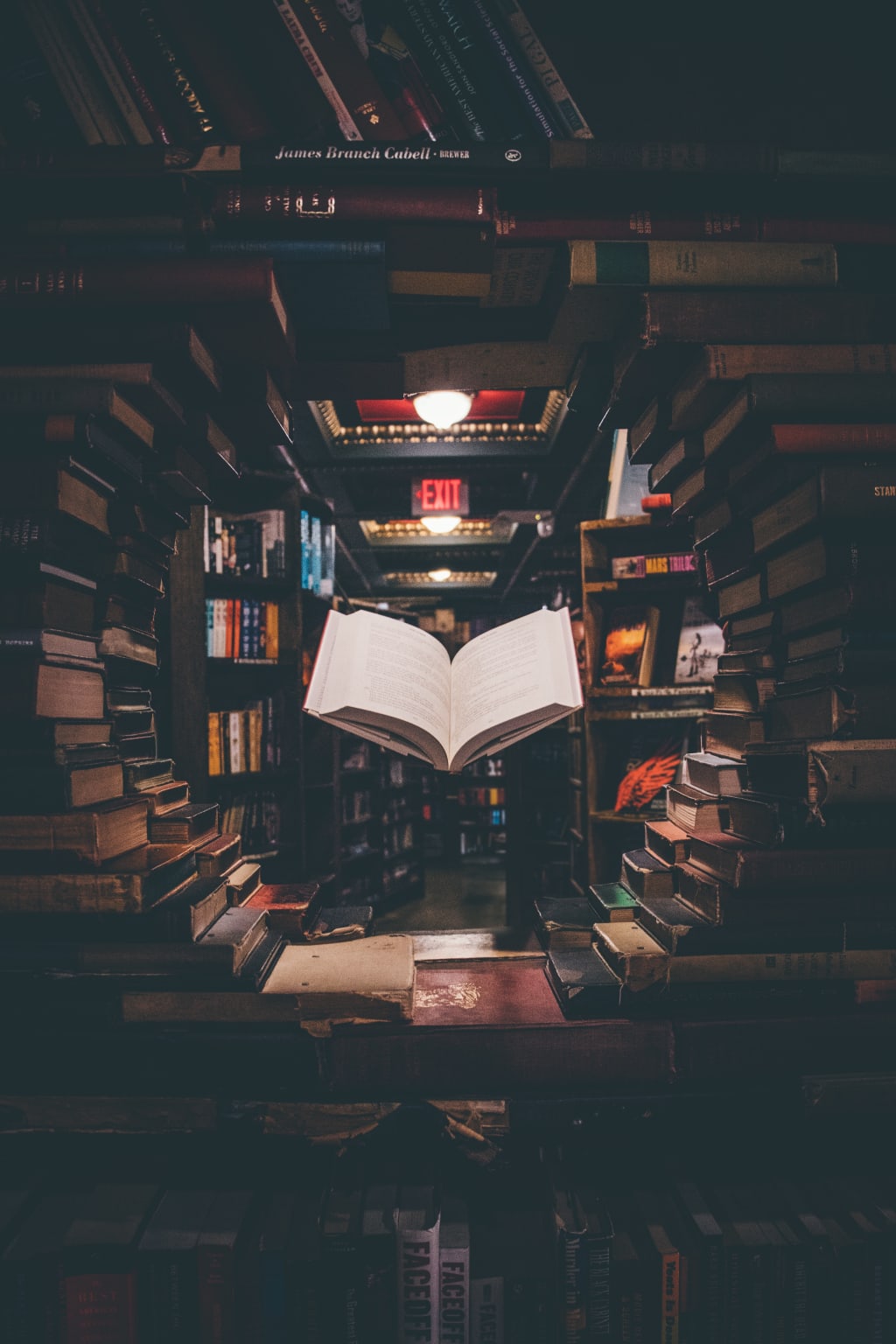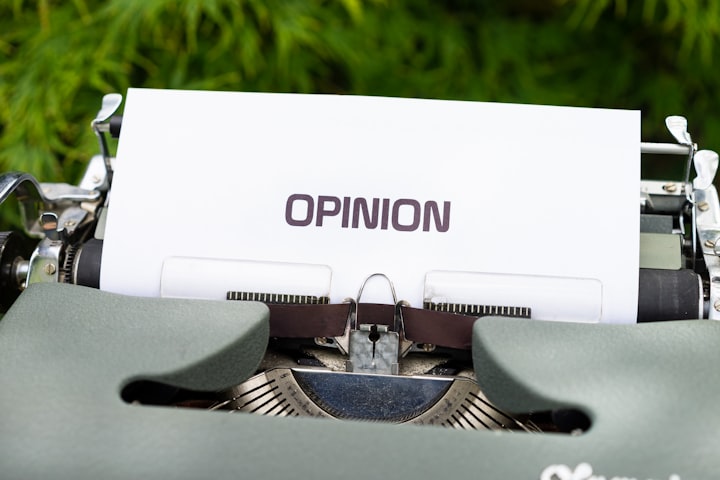Bury me, Danielle. Rescue me, Gabriel
The world of literature used to be a safe haven for a misfit like me. Now it's being distorted and homogenized by publishing bullies.

To borrow from the Blur, “modern publishing is rubbish”. Paradoxically, instead of becoming a wonderland of stylistic and POV plurality thanks to the digital era, the industry has turned into a conformist, sycophantic cyclops obsequious to demographics with good credit scores and suitable ad targets. One that ultimately serves the white majority rather than challenge them, and systematically drowns any dissenting voices.
I’m a devout bookworm (as I said before, I never repeat myself) who has read thousands of books in multiple languages but rarely — if ever — do I read any mainstream fiction published during the past 15 years. Most notably, in American literature, the indomitable “relatable characters” are completely alien to any experiences or values I hold, and read mostly like a sci-fi with a plot I don’t seem to crack.
I’m European in my body and soul; an immigrant with three graduate degrees who learnt English through Oasis and Radiohead lyrics, grew up dirt poor and doesn’t seek anyone’s pity. I’m left outside alone, unable to fit enough editorial boxes.
I can’t read magazines or ‘platforms’ as the majority of mainstream stories seem patently white, and stories that do represent a point of view of a minority are typically sanitised, rarely — if ever — allowed to express genuine anger, despair, or bare disappointment.
That means I am incredibly, maddeningly bored with current published, curated literature/media, and my souls dies every time I try to read a hyped book. In fact, I stopped reading books for a period of time longer than some wars as everything I read seemed stale, derivative and uninspired.
Who is paying these editors?
Who is paying to read this pathetic drivel?
I resembled a divorcee who finally called quits on an unfulfilling marriage but deep inside my heart, I was pining for my spouse more bitterly than Medea.
I thought female writers might save me but I can’t stand Jodi Picoult with her cliché, unlikely melodramatic plots filled with deja-vu characters, Lilian Moriarty and her incessantly annoying, over-descriptive style, trivial figures, Hollywooded plots lacking a grain of authenticity or political undertones. Danielle Steel with her paternalistic lens, predictable, stale plots and repetitive characters is a term from my curse word lists.
On the recommendation of a book editor who didn’t seem to like me, I tried memoirs and had some hopes for Adrift by Tami Oldham Ashcraft: I love the ocean and a female character that sorts out her own trouble. Yet half the book she keeps longing and reminiscing about her male lover who got them into trouble in the first place.
Being a resident, I read When breath becomes air by Paul Kalanithi and loathed it, then tried My name is Red by Orhan Pamuk but found the English translation too ponderous (finding one in another language is my goal for this book, as I was certainly intrigued.)
Having lost all hope that there is a voice out there that speaks my language, I asked my fellow resident colleagues what fiction books they read: none, for years.
Is it really because they are so busy as doctors, or because there is nobody representing our voice aside Atul Gawande (who I strongly suspect is a peon of higher interests anyway?) I’m not waiting for him.
My fellow resident currently on research recommended reading a trashy romance novel as when you have no expectations, you cannot be let down.
Her bad influence probably stimulated my curiosity in After by Anna Todd which is a disastrously bad attempt at a novel that must have left me traumatised if I’m still talking about it.
Glossing over “popular” and “staff picks” articles at multiple platforms, I realise how completely, irredeemably disconnected I am from the target crowd and its first world problems:
I’m not interested in 16 things I didn’t know about the Star Wars, how your friend made money online, gadget tips by bored geeks, condescending dating advice, or in your narcissism disguised as self loathing in interchangeable essays about your childhood.
Almost every story is either neutral or positive.
No negativity, no anger.
Everything is awesome.
With hopes of literary uplifting scorched and my soul unable to lubricate anymore at the thought of opening a book, I went back to The Winter of Our Discontent by John Steinbeck.
This must have somehow stirred up the mind of the AI behind my search engine, as the content I was being served was pointing me towards “American Dirt” — an upcoming novel by Jeanine Cummins.
I will not dwell on the controversy surrounding it, but whoever thought that a white privileged female should write a novel about Mexican immigrants to “give the faceless brown mass a face” (or however she put it) needs their head checked.
Nonetheless, the controversy brought me to a scorching, initially rejected review of the book by Myriam Gurba.
I thought it was absolutely brilliant. The authenticity of her rage at shameless cultural exploitation masked as a concern for social justice, the magnetic appeal of her own voice and experiences she reflects in the piece were like holy water: this! This is the voice I absolutely want to hear, unapologetic and raw, legitimate and unique.
A few months later, I was not the least surprised to read that she was effectively fired from her job and escorted off the premises of the high school where she used to teach after stirring up a grassroots campaign #DignidadLiteraria with fellow writers.
Too noisy.
I read several of her published works such as Salty in the Paris Review, which were magnificently refreshing. The profound shame that a Jeanine Cummins gets to write a hyped book about Mexican immigrants, while authentic writes must beg the publishing establishment to be heard embodies everything that’s deeply wrong with the industry.
To cleanse my palate after “After” (I absolutely had to), I turned to my literal saint with all his putas tristes, Gabriel García Márquez (even typing his name alone sparks anticipatory joy, as I know something good is coming.)
I have absolutely loved his work since reading Chronicle of a Death Foretold decades ago, and chose to read Of Love and Other Demons this time (seemed sort of poignant.)
After getting thought the first pages filled with melancholy and longing so vivid it made my heart ache, I thought the same thing I think every time I open one of his books: I wish I could write this well.
My biggest concern?
I doubt he would have gotten a book deal in this era. His practically endless, musical sentences, four-dimensional imagination that creates a world full of myths, sins and omens that pulls me in with every letter like a maelstrom of animality have no strong, Western characters, engaging plot or a clear target audience. His world is meditative, philosophical, humanistic and full of demons we all fear.
Who wants to read about that?!
About the Creator
Salomea Becquerel
Resident in specialty training. Busy. European by pedigree. Isolated. MD, with MPH from Mailman School of Public Health at Columbia University (Population and Family health)






Comments
There are no comments for this story
Be the first to respond and start the conversation.